Carousel Waltz – from the Musical Carousel by Richard Rodgers (Piano Solo sheet music, Noten)

Carousel is the second musical from the team of Richard Rodgers (music) and Oscar Hammerstein II (book and lyrics). The 1945 work was adapted from Ferenc Molnár’s 1909 play Liliom, which transplanted its Budapest setting to the Maine coast.
Best Sheet Music download from our Library.
It is a love story between Billy Bigelow, the worker of a horse attraction and a miller, Julie Jordan, which puts their jobs in danger. In order to help Julie and her unborn child, he tries to pull off a robbery, which goes wrong. Despite everything, he is given the opportunity to do things right.
A secondary plot line deals with mill worker Carrie Pipperidge and her romance with ambitious fisherman Enoch Snow. The show includes the well-known songs ‘If I Loved You’, ‘June Is Bustin’ Out All Over’ and ‘Never Walk Alone’. Richard Rodgers later wrote that Carousel was his favorite of all his musicals.
After the spectacular success of Rodgers and Hammerstein’s early musicals, Oklahoma! (1943), the pair sought to collaborate on another piece, knowing that any resulting work would be compared to Oklahoma!, most likely unfavorably. Initially they were reluctant to seek the rights to Liliom; Molnár had refused permission to adapt the play in the past, and the original ending was considered depressing for musical theater.
Please, subscribe to our Library. Thank you!
After acquiring the rights, the team created a work with long music sequences and made the ending more hopeful.
The musical required considerable modification during out-of-town tryouts, but once it opened on Broadway on April 19, 1945, it was an immediate hit with critics and audiences. Carousel initially ran for around 890 performances and doubled its success in the West End in 1950. Although it has never achieved as much commercial success as Oklahoma!, the play has been repeated and recorded several times.
A production by Nicholas Hytner was successful in 1992 in London, in 1994 in New York and on tour. In 1999, Time magazine named Carousel the best musical of the 20th century.
Rodgers designed Carousel to be an almost continuous stream of music, especially in Act 1. In later years, Rodgers was asked if he had considered writing an opera. He stated that he had been sorely tempted to, but saw Carousel in operatic terms. He remembered, “We came very close to opera in the Majestic Theatre. … There’s much that is operatic in the music.”
| Artist or Composer / Score name | Cover | List of Contents |
|---|---|---|
| Yann Tiersen Rue des Cascades (sheet music) | yann tiersen cascades sheet-music | |
| Yann Tiersen Mother’s Journey |
 |
|
| Yann Tiersen – Tabarly Sheet Music |
 |
|
| Yann Tiersen – Comptine Dun Autre ete | ||
| Yann Tiersen – La Dispute – Amelie Poulain | ||
| Yann Tiersen – La Valse d’Amelie Poulain | Yann Tiersen – La Valse Damelie | |
| Yann Tiersen – Le moulin – Amelie Poulain | Le Moulin – Amelie Poulain | |
| Yann Tiersen – Six pièces pour piano – Volume 2 – Amélie Poulain |
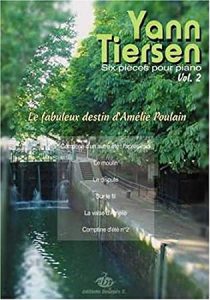 |
Yann Tiersen – Six pieces pour piano – Volume 2 – Music Sheet |
| Yann Tiersen – Summer 78 | ||
| Yann Tiersen – Sur Le Fil |
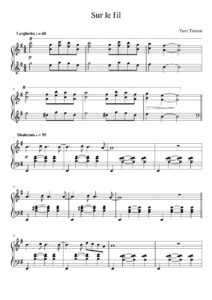 |
|
| Yann Tiersen – Pièces pour piano vol 1 et 2 + divers |
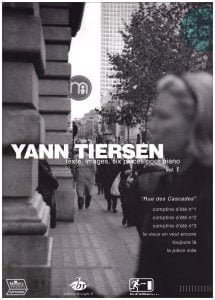 |
Yann Tiersen – pièces pour piano vol 1 et 2 + divers  |
| Yann Tiersen Eusa 2015 Songbook |
 |
|
| Yann Tiersen J’Y Suis Jamais Alle piano solo (Amélie) |
 |
|
| Yann Tiersen Onze Pièces Pour Piano |
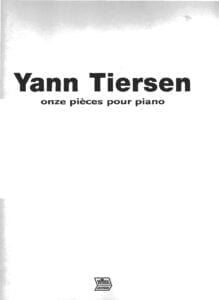 |
Yann Tiersen Onze Pièces Pour Piano |
| Yann Tiersen Partitions intégrales Piano Works 1993-2004 | Yann Tiersen Partitions intégrales Piano Works 1993-2004 | |
| Yann Tiersen Tabarly Complete Book For Piano |
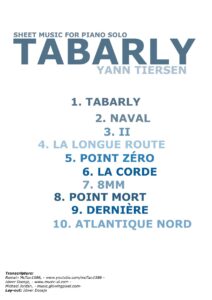 |
|
| Yanni In My Time (Piano Solos) Sheet Music |
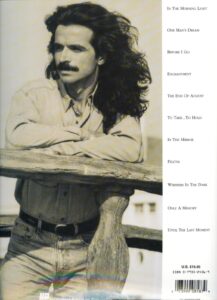 |
Yanni In my time piano solos |
| Yanni One Man’s Dream |
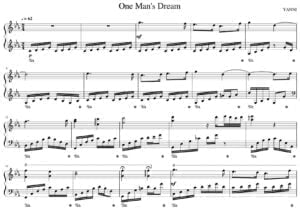 |
|
| Yanni – Per Piano (Piano book) |
 |
Yanni – Per Piano |
| Yanni – In The Morning Light | ||
| Yanni – Nostalgia | ||
| Yanni – One Man’s Dream (Musescore File).mscz | ||
| Yanni -The Best of |
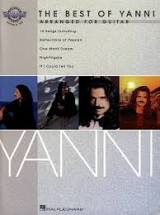 |
 |
| Yanni Ethnicity Book |
 |
Yanni Ethnicity Book |
| Yaron Herman – Hallelujah (Leonard Cohen) transcription |
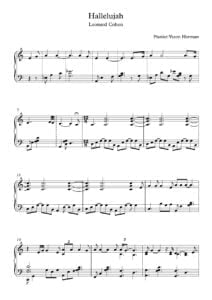 |
|
| Yashal (Elisa) | ||
| Yasuharu Takanashi – Naruto Shippuden OST – Loneliness |
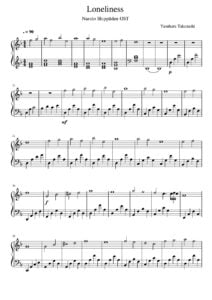 |
|
| Yedidia, Ronn Piano Sonata No 3 outcries (manuscrit) |
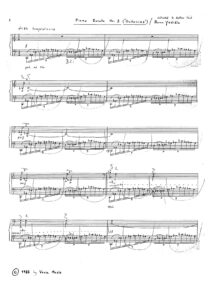 |
|
| Yehezkel Raz Ballerina Piano Solo sheet music |
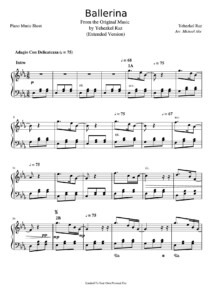 |
|
| YES Fragile |
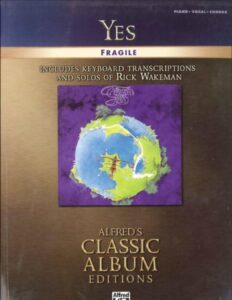 |
YES Fragile |
| YES – Complete Deluxe Edition |
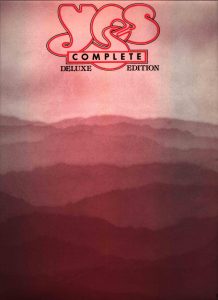 |
YES – Complete Deluxe Edition |
| Yes Close To The Edge The Story Of Yes (Book) |
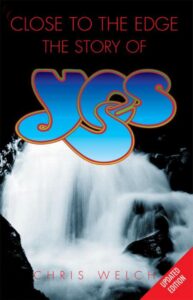 |
|
| Yes The Best Of Guitar Songbook with TABs |
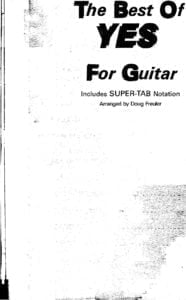 |
Yes The Best Of Guitar Songbook |
| Yesterday Piano Cello – Piano Sheet Music – Paul McCartney |
 |
|
| Yesterday Piano vocal guitar Songbook Featuring Music From the OST |
 |
|
| Yesterday The Beatles For Jazz Piano (Musescore File).mscz | ||
| Yesterday when I was young (Charles Aznavour) | ||
| Yimkin Law ( Et maintenant on va où OST) Racha Rizk | ||
| Yiruma – 27 May | ||
| Yiruma – Destiny Of Love | ||
| Yiruma – Dream | ||
| Yiruma – Dream A Little Dream Of Me | Yiruma – Dream A Little Dream Of Me | |
| Yiruma – Falling | ||
| Yiruma – First Love – River Flows In You | Yiruma – First Love – River Flows In You | |
| Yiruma – Gabriel | ||
| Yiruma – Kiss the Rain | Yiruma Kiss the rain | |
| Yiruma – Kiss The Rain (Musescore File).mscz | ||
| Yiruma – Love Me | ||
| Yiruma – Maybe | ||
| Yiruma – Mikas Song | ||
| Yiruma – One Day I Will | ||
| Yiruma – Our Same Word | ||
| Yiruma – Passing By | ||
| Yiruma – Piano Album BOOK |
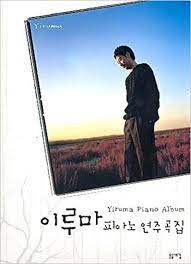 |
Yiruma – Piano Album BOOK |
| Yiruma – River Flows In You | ||
| Yiruma – River Flows In You – 10th Anniversary Version (Piano) |
 |
|
| Yiruma – River Flows In You – Guitar arr. with TABs | Yiruma – River Flows In You – Guitar arr | |
| Yiruma – Shining Smile | ||
| Yiruma – Sometimes Someone | ||
| Yiruma – Sunny Rain | ||
| Yiruma – Tears On Love | ||
| Yiruma – The Moment | ||
| Yiruma – Till I Find You | ||
| Yiruma – Time Forget | ||
| Yiruma – Wait There | ||
| Yiruma – When The Love Falls | ||
| Yiruma Be My First |
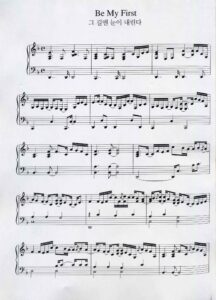 |
|
| Yiruma Because I Love You |
 |
|
| Yiruma Dream A Little Dream Of Me Piano Solo |
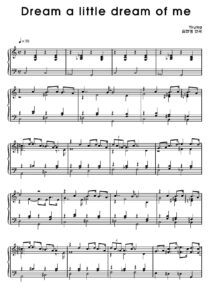 |
|
| Yiruma First Love Piano Solo |
 |
|
| Yiruma Kiss The Rain |
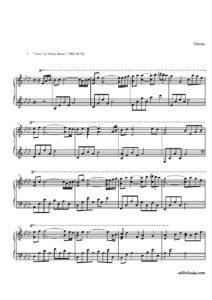 |
|
| Yiruma May Be |
 |
|
| Yiruma Poem |
 |
|
| Yiruma Room With A View Sheet Music Songbook |
 |
|
| Yiruma The Collection |
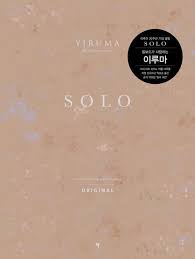 |
 |
| Yiruma Wait There |
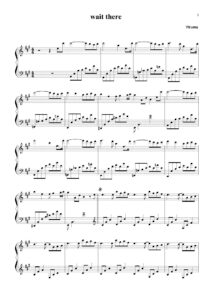 |
|
| Yngwie Malmsteen Trilogy (Full Album, Full Score Guitar Tabs) |
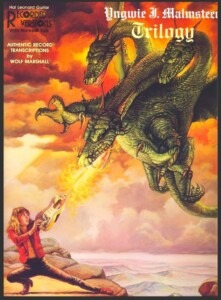 |
|
| Yoasobi (Monster) Easy Piano Solo sheet music |
 |
|
| Yoasobi Love Letter (ラブレター) Yoasobi Piano |
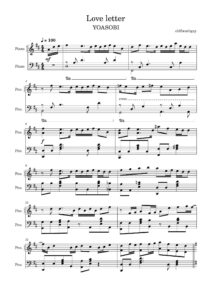 |
|
| Yoasobi Racing Into The Night ピアノ Yoasobi Yoru Ni Kakeru 夜に駆ける |
 |
|
| Yoasobi アイドル Idol Oshi no Ko OP |
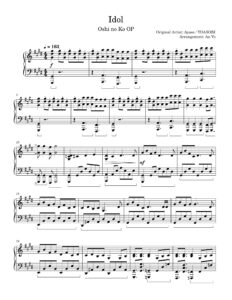 |
|
| Yoasobi あの夢をなぞって Ano Yume Wo Nazotte Tracing that Dream |
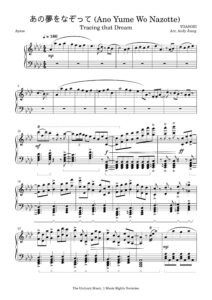 |
|
| Yoasobi 夜に駆ける Yoasobi (Marasy Full Ver ) Yoru Ni Kakeru |
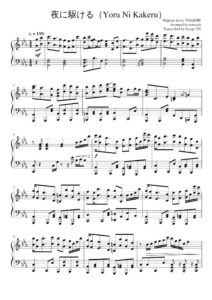 |
|
| Yoasobi 群青(gunjou) piano |
-Piano-sheet-music-232x300.jpg) |
|
| Yoga Music For Piano Solo 24 Chill Songs To Soothe Your Soul |
 |
Yoga Music For Piano Solo 24 Chill Songs To Soothe Your Soul |
| Yoimachigusa Evening Primrose Ohno Tadasuke |
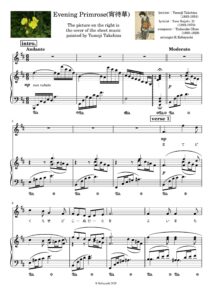 |
|
| Yoko Kanno – Piano Solo from Cowboy Bebop |
 |
|
| Yokoyama La Partition Blanche for piano solo | Yokoyama La Partition Blanche for piano solo | |
| Yokoyama Masaru Again – Your Lie In April Shigatsu wa Kimi no Uso Piano Solo |
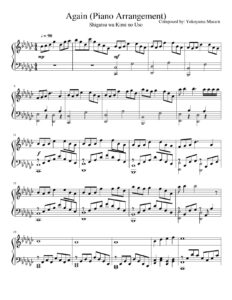 |
|
| Yoshimata, Ryo Between Calm And Passion |
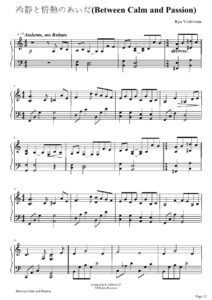 |
|
| Yoshimatsu 4 Little Dream Songs | Yoshimatsu 4 Little Dream Songs | |
| Yoshimatsu 7 Pleiades Dances IX Op 85 |
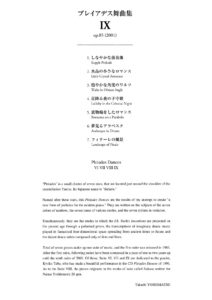 |
|
| Yoshimatsu Piano Folio To A Disappeared Pleiad |
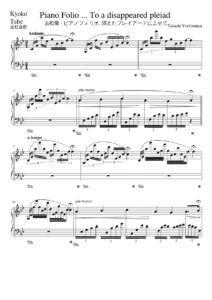 |
|
| Yoshimatsu Takashi Wind Color Vector (Guitar) |
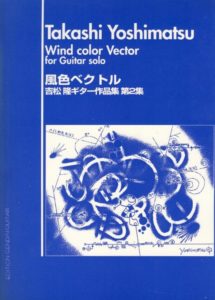 |
|
| Yoshinao Nakada – Etude Allegro | Yoshinao Nakada – Etude Allegro | |
| Yoshinao Nakada – Japanese Festival (Intermediate Piano Solos 17 Piano Pieces for students)) |
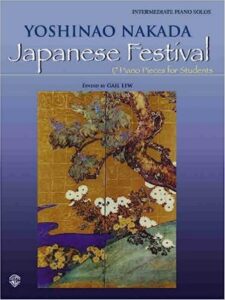 |
Yoshinao Nakada – Japanese Festival (Intermediate Piano Solos 17 Piano Pieces for students)) |
| You (Evanescence) | ||
| You (Ten Sharp) | ||
| You are the only one (Freddie Mercury) | ||
| You Are The Sunshine Of My Life – Stevie Wonder (Musescore File).mscz | ||
| You Go To My Head Guitar Tabs Jazz standard by Haven Gillespie J. Fred Coots |
 |
|
| You Must Believe In Spring Michel Legrand (Musescore File).mscz | ||
| You Raise Me Up (Musescore File).mscz | ||
| You take my breath away (Queen) | ||
| You Took The Sweet From Sweetheart Alex Sullivan, Al Doyle and Irving Kaufman (Vintage Jazz standard) |
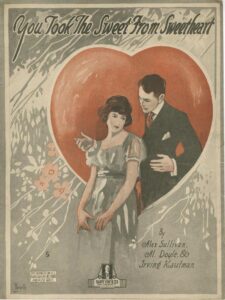 |
|
| You’re A Mean One Mr. Grinch (Musescore File).mscz | ||
| Your Song – Elton John (Musescore File).mscz | ||
| Youve Got A Friend In Me (Musescore File).mscz | ||
| Yugo Kanno – Yoshikage Kiras Theme Piano |
 |
|
| Yugo Kanno – Golden Wind Main Theme (Il vento d’oro) |
 |
|
| Yugo Kanno – Jolynes Theme Stone Ocean Piano Solo |
 |
|
| Yuhki Kuramoto – Piano solo Collection |
 |
|
| Yuhki Kuramoto A Scene Of La Seine |
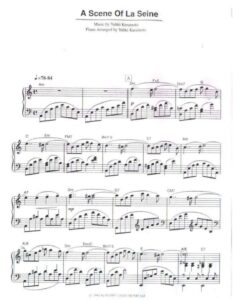 |
|
| Yuhki Kuramoto A Winter Story |
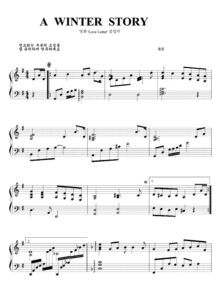 |
|
| Yuhki Kuramoto Lake Louise | Lake Louise1 | |
| Yuhki Kuramoto Romance |
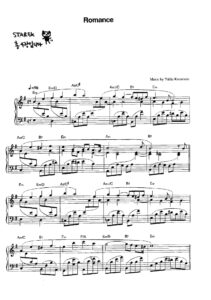 |
|
| Yuja Wang Mozart’s Turkish March From Sonata No. 11 As Per Volodos Fazil Say Arr. |
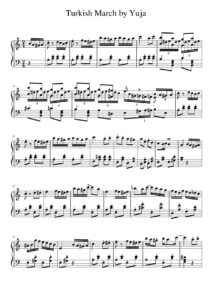 |
|
| Yukie Nishimura – Dances Of Water (Musescore File).mscz | ||
| Yukie Nishimura – Letter (Musescore File).mscz | ||
| Yukie Nishimura Best composition Vol 1 Japanese New Age music |
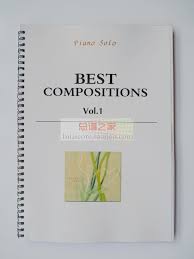 |
Best composition Vol 1 Yukie Nishimura 120 Japanese new age music |
Musical numbers
| Act I “The Carousel Waltz” – Orchestra “You’re a Queer One, Julie Jordan” – Carrie Pipperidge and Julie Jordan “(When I Marry) Mister Snow” – Carrie “If I Loved You” – Billy Bigelow and Julie “June Is Bustin’ Out All Over” – Nettie Fowler and Chorus “(When I Marry) Mister Snow” (reprise) – Carrie, Enoch Snow and Female Chorus “When the Children Are Asleep” – Enoch and Carrie “Blow High, Blow Low” – Jigger Craigin, Billy and Male Chorus “Soliloquy” – Billy | Act II “This Was a Real Nice Clambake” – Carrie, Nettie, Julie, Enoch and Chorus “Geraniums in the Winder” – Enoch * “There’s Nothin’ So Bad for a Woman” – Jigger and Chorus “What’s the Use of Wond’rin’?” – Julie “You’ll Never Walk Alone” – Nettie “The Highest Judge of All” – Billy Ballet: “Billy Makes a Journey” – Orchestra “If I Loved You” (reprise) – Billy Finale: “You’ll Never Walk Alone” (reprise) – Company |
Rodgers uses music in Carousel in subtle ways to differentiate characters and tell the audience of their emotional state.
In “You’re a Queer One, Julie Jordan”, the music for the placid Carrie is characterized by even eighth-note rhythms, whereas the emotionally restless Julie’s music is marked by dotted eighths and sixteenths; this rhythm will characterize her throughout the show. When Billy whistles a snatch of the song, he selects Julie’s dotted notes rather than Carrie’s.
Reflecting the close association in the music between Julie and the as-yet unborn Louise, when Billy sings in “Soliloquy” of his daughter, who “gets hungry every night”, he uses Julie’s dotted rhythms. Such rhythms also characterize Julie’s Act 2 song, “What’s the Use of Wond’rin’”.
The stable love between Enoch and Carrie is strengthened by her willingness to let Enoch not only plan his entire life, but hers as well. This is reflected in “When the Children Are Asleep”, where the two sing in close harmony, but Enoch musically interrupts his intended’s turn at the chorus with the words “Dreams that won’t be interrupted”.
Rodgers biographer Geoffrey Block, in his book on the Broadway musical, points out that though Billy may strike his wife, he allows her musical themes to become a part of him and never interrupts her music.
Block suggests that, as reprehensible as Billy may be for his actions, Enoch requiring Carrie to act as “the little woman”, and his having nine children with her (more than she had found acceptable in “When the Children are Asleep”) can be considered to be even more abusive.
The twelve-minute “bench scene”, in which Billy and Julie get to know each other and which culminates with “If I Loved You”, according to Hischak, “is considered the most completely integrated piece of music-drama in the American musical theater”.
The scene is almost entirely drawn from Molnár and is one extended musical piece; Stephen Sondheim described it as “probably the single most important moment in the revolution of contemporary musicals”. “If I Loved You” has been recorded many times, by such diverse artists as Frank Sinatra, Barbra Streisand, Sammy Davis Jr., Mario Lanza and Chad and Jeremy.
The D-flat major theme that dominates the music for the second act ballet seems like a new melody to many audience members. It is, however, a greatly expanded development of a theme heard during “Soliloquy” at the line “I guess he’ll call me ‘The old man’ “.
When the pair discussed the song that would become “Soliloquy”, Rodgers improvised at the piano to give Hammerstein an idea of how he envisioned the song. When Hammerstein presented his collaborator with the lyrics after two weeks of work (Hammerstein always wrote the words first, then Rodgers would write the melodies), Rodgers wrote the music for the eight-minute song in two hours.
“What’s the Use of Wond’rin’ “, one of Julie’s songs, worked well in the show but was never as popular on the radio or for recording, and Hammerstein believed that the lack of popularity was because he had concluded the final line, “And all the rest is talk” with a hard consonant, which does not allow the singer a vocal climax.
Irving Berlin later stated that “You’ll Never Walk Alone” had the same sort of effect on him as the 23rd Psalm. When singer Mel Tormé told Rodgers that “You’ll Never Walk Alone” had made him cry, Rodgers nodded impatiently. “You’re supposed to.” The frequently recorded song has become a widely accepted hymn.
The cast recording of Carousel proved popular in Liverpool, like many Broadway albums, and in 1963, the Brian Epstein-managed band, Gerry and the Pacemakers had a number-one hit with the song. At the time, the top ten hits were played before Liverpool F.C. home matches; even after “You’ll Never Walk Alone” dropped out of the top ten, fans continued to sing it, and it has become closely associated with the soccer team and the city of Liverpool.
A BBC program, Soul Music, ranked it alongside “Silent Night” and “Abide With Me” in terms of its emotional impact and iconic status.
